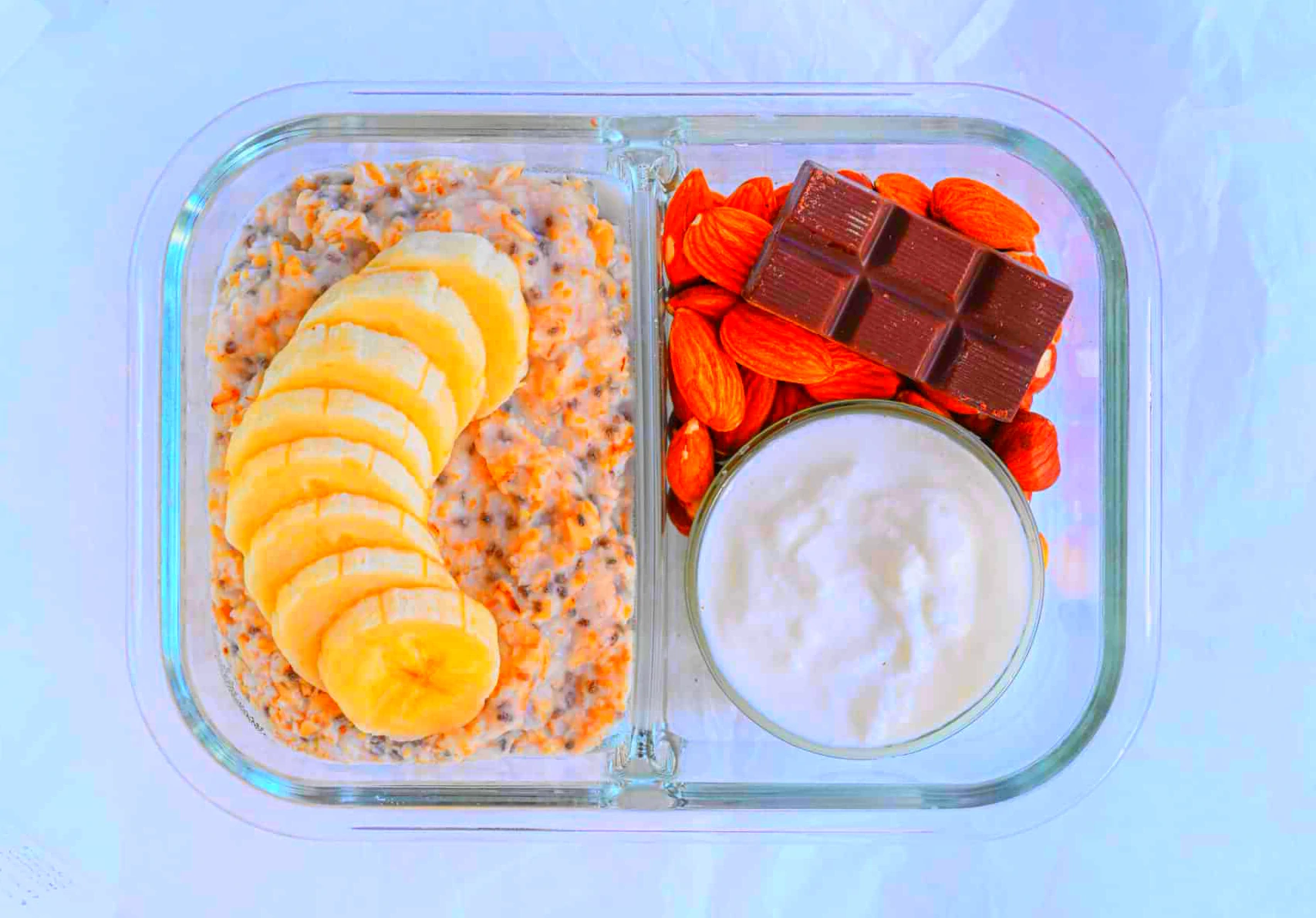Healthy meals are those that provide a balanced combination of nutrients, including proteins, carbohydrates, healthy fats, vitamins, and minerals, while minimizing the intake of unhealthy additives like excess sugars, salt, and processed ingredients.
Preparing healthy meals involves choosing nutritious ingredients, cooking methods, and portion sizes to support overall well-being. Here are some tips to help you prepare healthy meals:

How to prepare healthy meals
- Choose Whole Foods: Base your meals around whole, minimally processed foods such as fruits, vegetables, lean proteins, whole grains, and healthy fats. These foods are rich in nutrients and fiber and can help support optimal health.
- Incorporate a Variety of Colors: Include a variety of colorful fruits and vegetables in your meals to ensure you’re getting a wide range of vitamins, minerals, and antioxidants. Aim to fill half your plate with fruits and vegetables at each meal.
- Opt for Lean Proteins: Choose lean sources of protein such as skinless poultry, fish, beans, lentils, tofu, tempeh, and low-fat dairy products. Protein is essential for muscle repair, satiety, and overall health.
- Use Healthy Cooking Methods: Use cooking methods such as grilling, baking, steaming, roasting, sautéing, or stir-frying with minimal added oils to reduce unnecessary calories and saturated fats. Avoid deep-frying or heavily breaded dishes.
- Limit Added Sugars and Salt: Minimize the use of added sugars and salt in your recipes. Instead, flavor your meals with herbs, spices, citrus juices, and vinegar to enhance taste without excess sodium or sugar.
- Choose Whole Grains: Opt for whole grains such as brown rice, quinoa, barley, bulgur, oats, and whole wheat pasta and bread. Whole grains are rich in fiber, vitamins, and minerals and can help promote satiety and digestive health.
- Incorporate Healthy Fats: Include sources of healthy fats in your meals such as avocados, nuts, seeds, olive oil, and fatty fish like salmon and trout. Healthy fats are important for brain health, hormone production, and absorption of fat-soluble vitamins.
- Control Portion Sizes: Pay attention to portion sizes to avoid overeating. Use smaller plates and bowls, and be mindful of serving sizes recommended for different food groups. Listen to your body’s hunger and fullness cues.
- Meal Prep and Planning: Plan your meals ahead of time and consider batch cooking and meal prepping to save time during the week. Prepare healthy snacks and meals in advance, portion them into containers, and store them for easy grab-and-go options.
- Stay Hydrated: Drink plenty of water throughout the day to stay hydrated and support optimal bodily functions. Limit sugary beverages and opt for water, herbal teas, or infused water instead.
By following these tips and making mindful choices when preparing meals, you can create delicious and nutritious dishes that support your overall health and well-being.
These meals offer a variety of flavors, textures, and nutrients to keep your meals interesting while nourishing your body with essential vitamins and minerals. Adjust portion sizes and ingredients according to your dietary preferences and nutritional needs.




